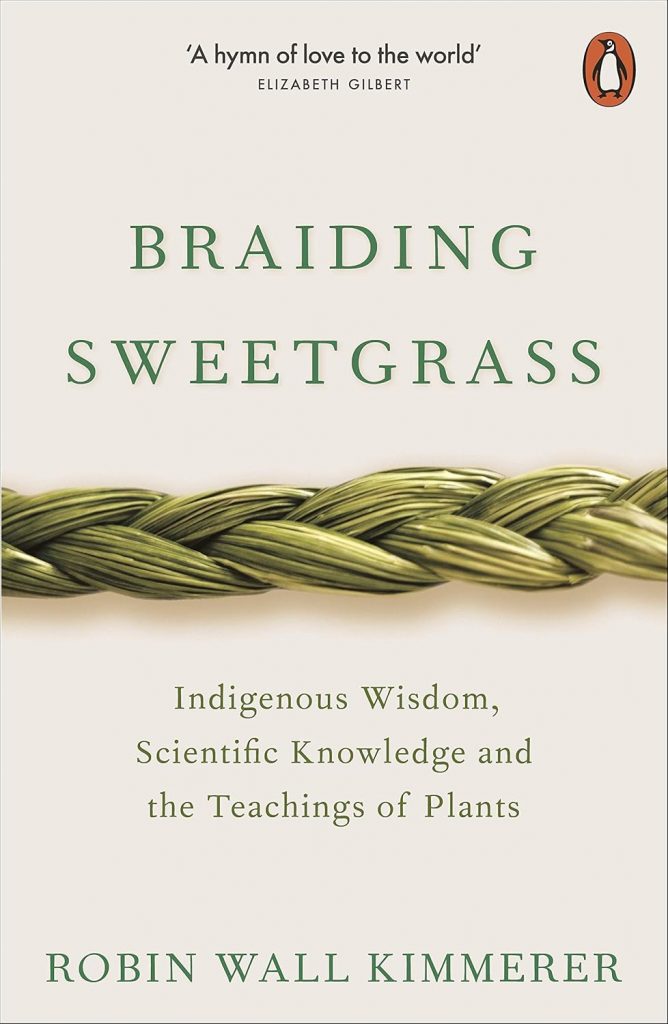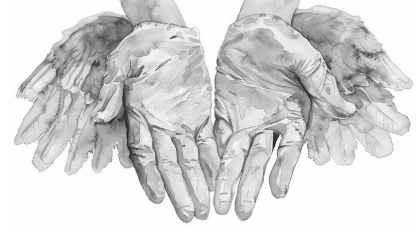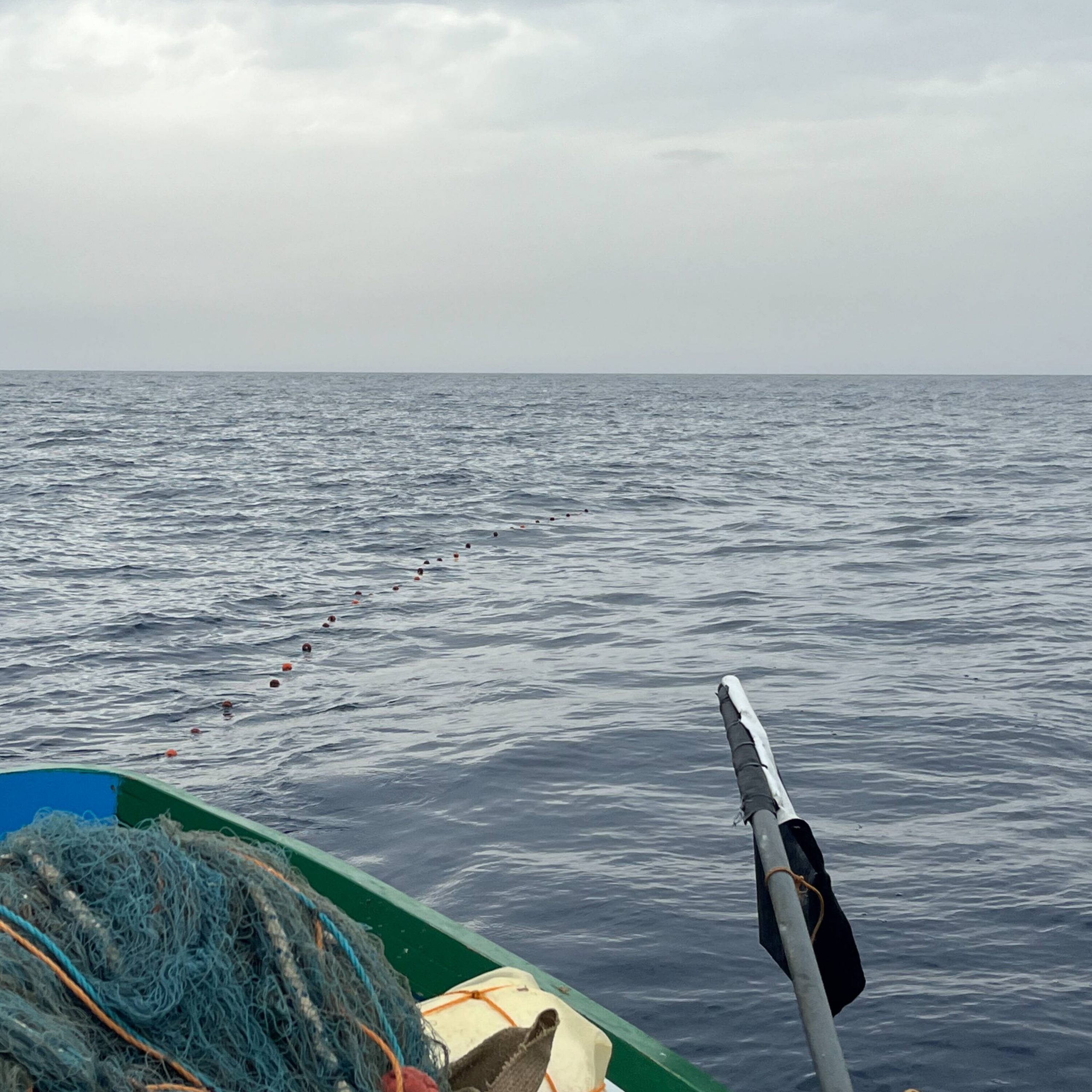January 28th 2025

Jessica Gallup
Jessicamichelle@berkeley.eduOriginally from Oahu, I moved to the mainland to pursue my education, bringing with me a deep love for the outdoors. Surrounded by the natural beauty of Hawaii, I developed an appreciation for the environment and a passion for activities like hiking, kayaking, and exploring. The connection to nature not only inspires me but also informs my perspective on life, blending respect for diverse cultures and ecosystems with personal growth. Now, as I continue my journey on the mainland, I strive to live intentionally, embracing both academic challenges and the opportunities to stay connected to the natural world.

Reading Braiding Sweetgrass by Robin Wall Kimmerer profoundly influenced my decision to major in anthropology. Kimmerer’s work, subtitled “Indigenous Wisdom, Scientific Knowledge, and the Teachings of Plants,” is a compelling exploration of the connections between nature, science, and Indigenous traditions. As both a scientist and a member of the Citizen Potawatomi Nation, Kimmerer interweaves personal stories, ecological insights, and Indigenous teachings, encouraging readers to reconsider their relationship with the natural world.
The book emphasizes the importance of reciprocal relationships with nature, highlighting practices like gratitude, gift-giving, and stewardship as essential to living in balance with the environment. While deeply rooted in Indigenous teachings, Kimmerer seamlessly bridges these with Western scientific methods, demonstrating how integrating these perspectives can provide powerful tools for addressing environmental challenges. Plants and ecosystems take on the role of profound teachers throughout her writing. Stories of sweetgrass, maple trees, and wild strawberries illustrate how the natural world guides us toward sustainable living and ethical coexistence.
Kimmerer also delves into the healing potential of ecological restoration, showing how caring for the land can simultaneously restore emotional and spiritual well-being within us. She underscores the interdependence of all living beings, advocating for a worldview that sees humans as an integral part of, rather than removed from the environment. Through heartfelt storytelling, she calls for a transformation in how we perceive and interact with the Earth, urging a shift from exploitation to respect, stewardship and reciprocity.
Kimmerer’s work is both a spiritual guide and a call to action, inspiring a sense of wonder, humility, and responsibility for the natural world. Her powerful message ignited my passion for anthropology, and motivated me to explore how we can all cultivate more sustainable and respectful ways of living.
Since the publication of Braiding Sweetgrass Kimmer has released Gathering Moss: A Natural and Cultural History of Mosses as well as her newest release The Serviceberry: Abundance and Reciprocity in the Natural World which I look forward to reading.


